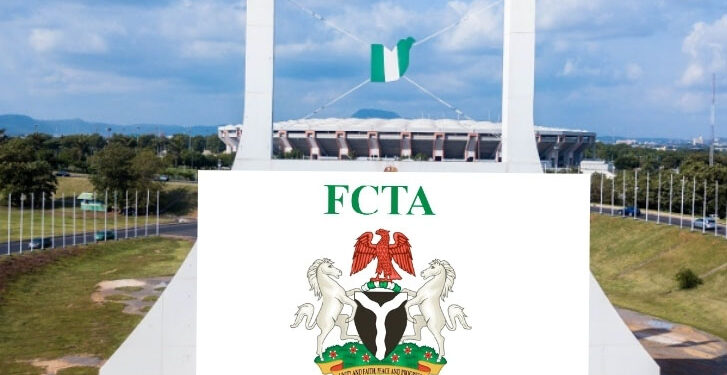WHO WILL STOP THESE REVENUE-COLLECTING TOUTS TAKING OVER NIGERIA’S CAPITAL CITY?- PUNCH EDITORIAL
In Nigeria’s seat of federal power, a simple drive in the family car turned into a needless and irreversible loss. A man, his wife, and their two children are cruising in their Toyota SUV when, out of nowhere, three revenue-collecting touts— ubiquitous agberos in local parlance—descend like vultures, demanding dues with threats and force. A chase ensues. The car veers wildly and crashes. All four perish on the spot.
This isn’t a Nollywood movie. It happened on September 3 in Abuja, the city that promises opportunity but consumed a family of four in a culture of unwarranted violence. Their deaths were not from some unavoidable accident; they were murdered by a system that weaponises thugs for petty cash collection.
Reports suggest the man stopped to pick up a relative, the roughnecks accosted him, claiming he broke their “rules” and demanded a fee. One tout forced his way into the moving vehicle to seize the steering, forcing the family vehicle into a fatal swerve. Enraged bystanders reportedly lynched one of the perpetrators in a raw outburst of grief and fury.
Mob justice is not the answer; it is a symptom of a broken order where citizens feel abandoned.
This is unacceptable, not just in the FCT but anywhere in Nigeria. Abuja, touted as the symbol of national unity and progress, now bears the stain of needless bloodshed. How can a country aspiring to global relevance tolerate such crude, barbaric methods of revenue collection in the 21st century?
Dues and levies are legitimate, but chasing families to death over them is not collection; it is extortion with tragic consequences.
Transport unions must evolve, and fast. Why not mandate bank accounts for digital payments? Members could transfer dues via mobile apps, USSD codes, or ATMs.
They are safe, traceable, and efficient. No more roadside ambushes. Not in 2025, when fintech is booming with several platforms.
Still, these unions cling to medieval tactics, empowering unaccountable louts to harass drivers. The result? A family wiped out; their dreams crushed under the wheels of crude greed.
Nyesom Wike, the Minister of the FCT, says he has a “transformational touch.” He has bulldozed shanties and revamped roads. Wike should devise a decent, digitised system for union collections.
The rot runs deeper—across all tiers of Nigeria’s government. From local councils to state houses, officials routinely employ these thugs, sometimes arming them, to harass, extort, and intimidate.
Examples abound: During elections, hired muscle disrupts polling stations, rigging votes with fists and fear. State officials unleash them on rivals.
Even federal agencies are not immune, using “task forces” that are little more than sanctioned gangs. This is not governance; it is gangsterism in official garb. The Abuja incident exposes the ugly truth: When the state outsources coercion to the illiterate with clubs, innocent blood flows.
Every one of those Abuja louts must be fished out and prosecuted to the fullest. No slaps on the wrist, no bribes to evade justice. “Agberos” must be disbanded forthwith.
They are not trained traffic managers or toll collectors; they are thugs. Nigeria must not glamorise or idolise them.
And where are the police? In a bristling federal capital city, how do these chases unfold unchecked?
The Nigeria Police Force seems to be missing in action when thugs masquerading as levy enforcers run riot.
Abuja, Lagos, Port Harcourt and other cities must be sanitised and rid of these impostors. Deploy technology: CCTV networks and automated toll systems. Empower real officers, not hoodlums, to maintain order.
This family’s death demands more than condolences; it screams for systemic overhaul. Let their memory fuel reform—digital dues, accountable unions, and thug-free streets.
The time for barbarism is over. Nigeria must sanitise now or crumble under its own chaos.



Comments are closed.